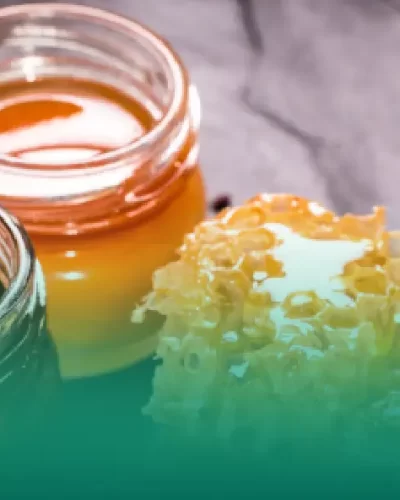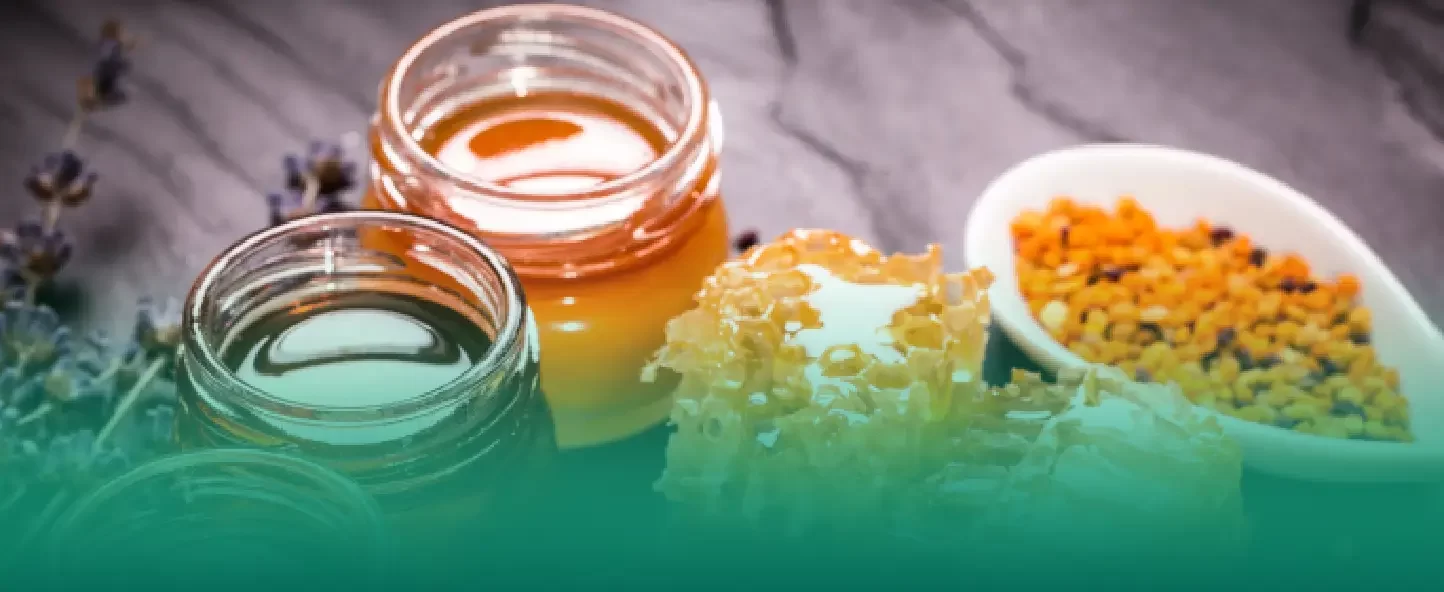Myth: Honey is a universal remedy for all diseases
Honey is often perceived as a universal medicine that can overcome any ailment. In fact, honey is first and foremost a valuable food product. It contains symbiotic bacteria originating from the bee crop, which give it bactericidal properties. However, this does not mean that honey is a panacea for all diseases.
Honey certainly has a number of beneficial properties. It helps strengthen the immune system and can relieve cold symptoms due to its anti-inflammatory and antibacterial properties. However, considering it an effective remedy for all diseases is an exaggeration.
The most effective way to absorb honey is to slowly dissolve it in the mouth. At the same time, nutrients gradually enter the body, providing maximum health benefits.
Myth: Honey from southern bees is healthier than from northern ones, and honey from an apiary is worse than wild honey
There is often an opinion that honey produced by southern bees is more valuable and healthy compared to honey collected by northern bees. This belief is based on the assumption that southern bees, due to their size and anatomical features, are better adapted to collecting nectar in a variety of landscapes, such as grasslands and mountainous areas. However, in reality, in beekeeping there are no such concepts as “wild bees” or “bees from the apiary” – these terms are rather marketing inventions.
In fact, only one species of bee, the honey bee, is capable of collecting nectar and producing honey. The quality of honey depends not only on the place of origin or the characteristics of a particular bee. Also important factors are the condition of the apiary, the availability of a high-quality honey base and regular control studies of honey to ensure its quality and safety.
Myth: You can’t heat honey because it becomes poisonous
There is a common misconception that heating honey releases toxins, making it dangerous to consume. However, in fact, natural honey does not contain toxins, and therefore does not become poisonous when heated.
It is important to understand the difference between the nutritional value of honey and its bactericidal properties.
Although heating honey for a long time, for example when baking in the oven, can lead to the loss of its bactericidal properties, its nutritional value remains unchanged. Thus, adding honey to porridge or hot tea to improve the taste is safe, but if we are talking about preserving the beneficial properties of honey, it is better to consume it in its natural form, without heating it.
Myth: You can’t eat honey from a metal spoon
There is a common belief that consuming honey from a metal spoon may be harmful due to possible oxidation of the product, which presumably makes it unfit for consumption. However, it is worth clarifying that most metal objects used in everyday life are not reactive and cannot cause oxidation of honey.
However, it is worth noting that unripe honey or over-absorbing it with oxygen can actually increase the acidity of the product, making it less pleasant to eat.






